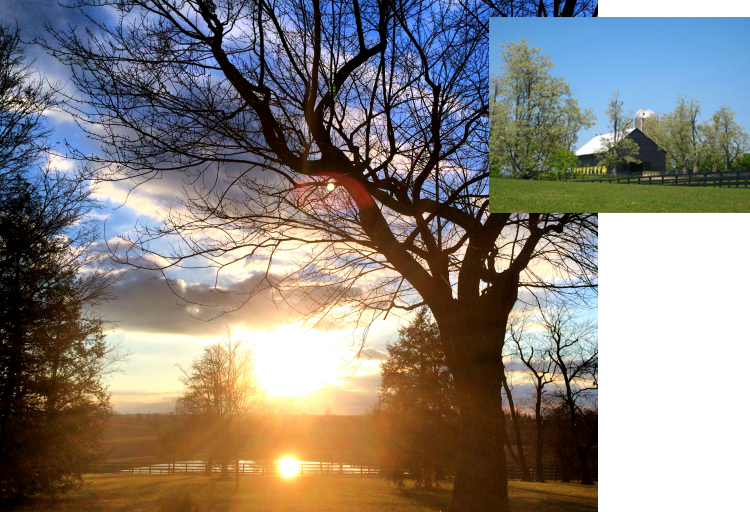
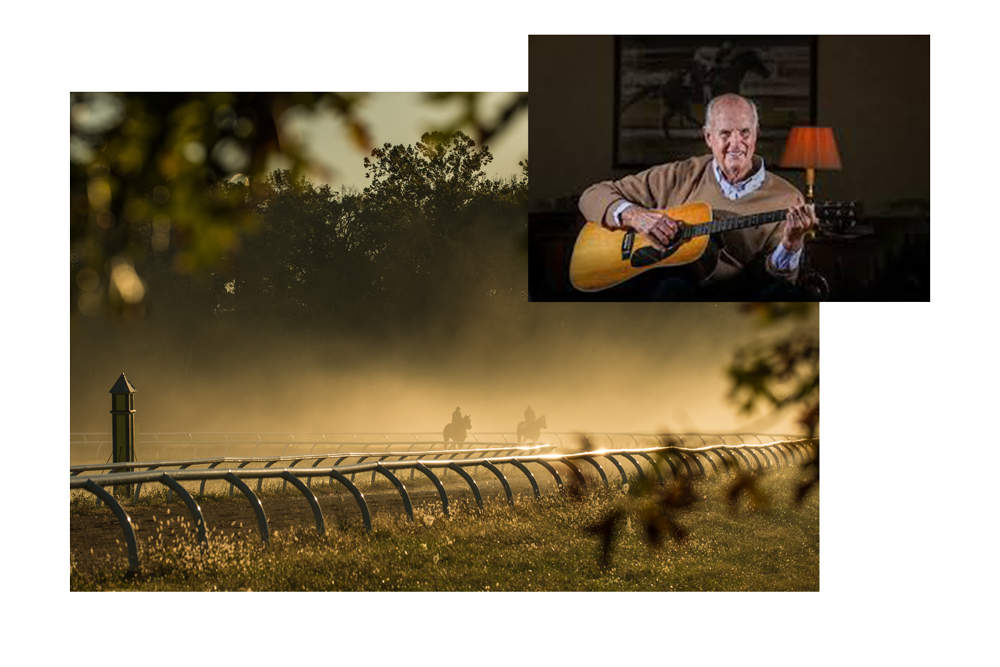
Stone Farm: For half of a century.
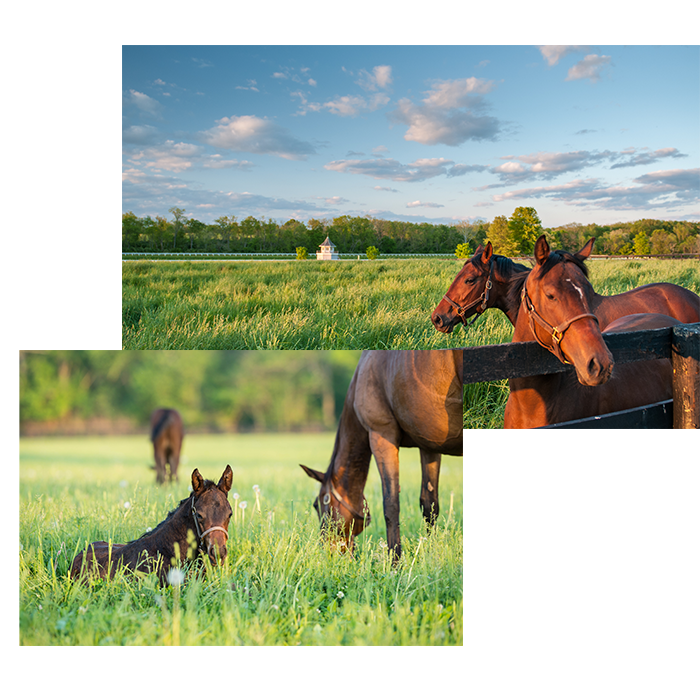
If you take care of the land,
the land will take care of you.
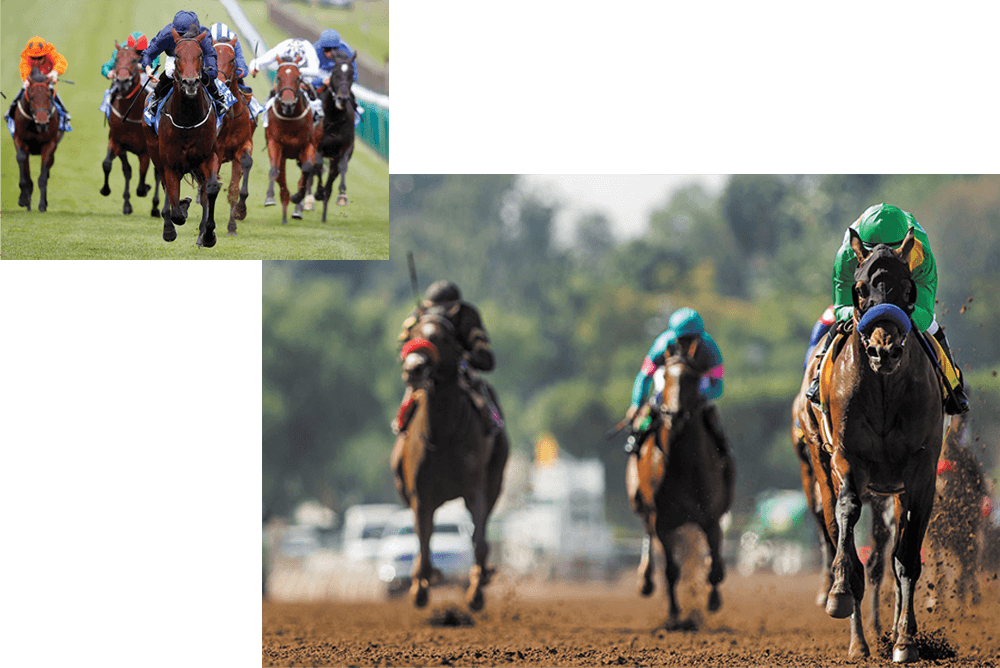
We’re trying to raise you a good horse.
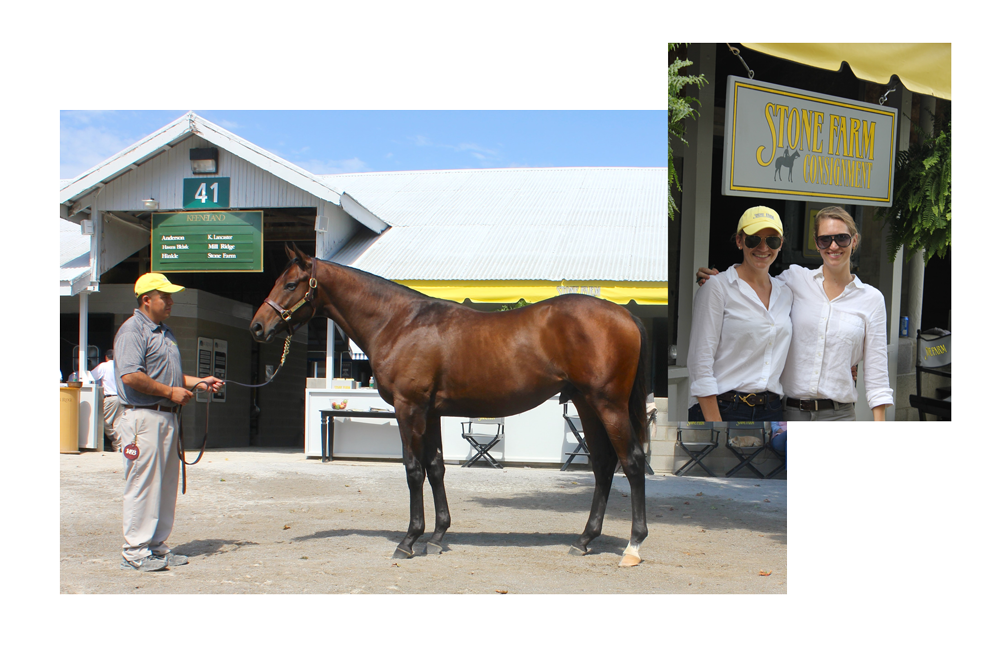
We sell only what we raise.
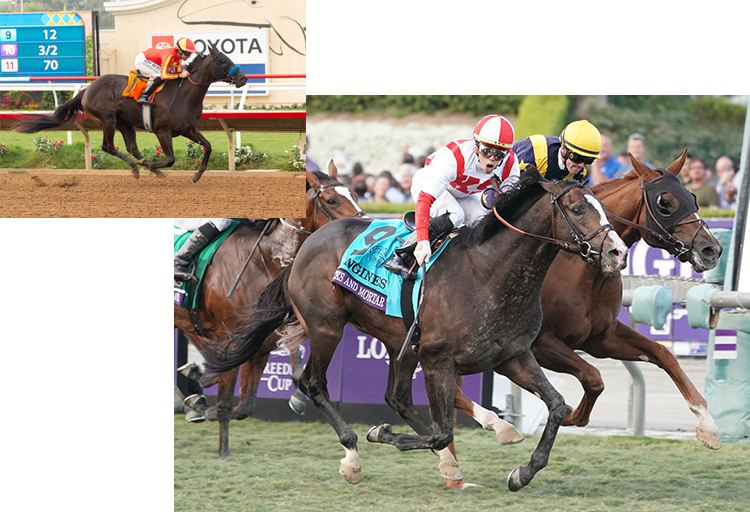
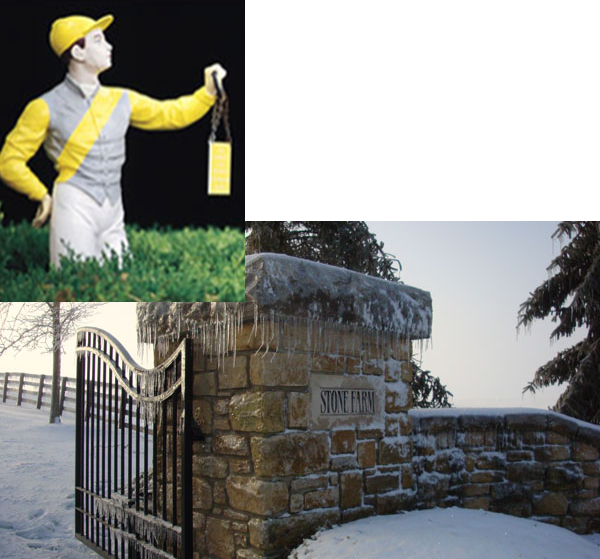
Much like not seeing the forest for the trees, sometimes we don’t see the horse for the pedigrees.
Seldom has that seemed more significant than with the 1989 Horse of the Year Sunday Silence. The tall, dark, handsome son of leading sire Halo was not on anyone’s list of “must-have” yearlings when he went to the sales at Keeneland in July, 1987.
The future Classic winner had been foaled and raised at Arthur Hancock’s Stone Farm in Bourbon County, Ky. He was a son of the farm’s banner stallion Halo — one of the three best stallion sons of leading sire Hail to Reason. A champion juvenile colt, Hail to Reason had risen to the top of the stallion ranks through the 1960s and ‘70s through the toughness and classic quality of his offspring, including Preakness winner Personality.
Hail to Reason had a lot of high-class sons on the racetrack, including English Derby winner Roberto. The latter went on to become a stallion of high international significance. He had classic stock and top juveniles, as well as rugged older horses of high caliber.
Hail to Reason’s first-crop son Sir Gaylord (a half-brother to Secretariat) had been the favorite for the 1962 Kentucky Derby but crunched a sesamoid just before the big event. At stud, Sir Gaylord was not as reliable as a couple other sons of Hail to Reason, but Sir Gaylord’s best were shockingly good. His son, Sir Ivor, became a top juvenile, then went on to account for the 2,000 Guineas at Newmarket and the Derby at Epsom the following season.
Sir Gaylord also sired leading miler Habitat, who became one of the most successful sires in Europe with top-class performers at distances up to a mile and a bit.
So Halo had to be pretty special to rank among such company in the sons of Hail to Reason.
Indeed, both as a striking individual and as a force at stud, he was an animal of the first rank. A near-black horse with a stripe down his face, Halo was a high-priced sales yearling, then progressed during his racing career to be a major racehorse, especially as turf performer as an older horse.
With a bit of luck, E.P. Taylor secured Halo and sent him to stud in Maryland at his expanding annex of Windfields Farm located there in the 1970s.
From the first, Halo was an unqualified success. Like big raindrops ringing against a tin roof, the good Halos started pouring down. The first included champion Glorious Song, and a few years later, her full brother Devil’s Bag became an unbeaten champion 2-year-old colt and made a lot of people believe he was the best racehorse in a long time… at least for a short time.
In between, Halo sired Kentucky Derby winner Sunny’s Halo, and the acclaim for Halo climbed higher and higher.
Tom Tatham’s Oak Cliff Thoroughbreds made an offer to purchase Halo from Windfields, succeeded in that high-dollar endeavor, and moved the dark horse from Maryland to Stone Farm in Kentucky.
There, Halo sired Sunday Silence for Oak Cliff. The colt went through the July sale unprotected and was bought in by Hancock, who later commented that he thought he had just thrown away $17,000 when Tatham said he didn’t want the colt back.
Three years later, Hancock ended up having to sell Sunday Silence because the tax law “reforms” had worked their magic on the horse business and several other business sectors, and nobody wanted to buy into horses, especially ones that had to be held a long time like stallions and mares.
Sent to stand in Japan at Shadai by the visionary Zenya Yoshida, Sunday Silence became a legend in his new home, setting records for quality and quantity of success.
But at the time he was set to go to stud, not many breeders in this country could see the horse for the pedigree, which in Sunday Silence’s case was considered to be weak on the bottom half.
The problem with that line of thought was that the horse had clearly gotten all the good traits that were available, as he had shown on the racetrack, and he then went on to transmit them with exceptional regularity to his offspring.
The effect of their quality and consistency is still felt in Japan.
This year’s Japan Cup winner is Shonan Pandora, winner of Japan’s Group 1 Shuka Sho last year. To date, she has earned $4.8 million. The second dam of the Japan Cup winner is a full sister to Japanese champion 2-year-old and champion sprinter Soccer Boy. That full sister also produced international G1 winner Stay Gold, by Sunday Silence.
Shonan Pandora is one of 71 stakes winners by Sunday Silence’s son Deep Impact. That stallion is the best of Sunday Silence’s many sons who went to stud, but even if Deep Impact were subtracted from Sunday Silence’s record, there would be a herd of good and important sires by the Kentucky Derby and Preakness winner.
Deep Impact also sired Satono Lupin, winner of the G3 Keihan Hai on the same day as the Japan Cup, and Sunday Silence’s son Suzuka Mambo sired Sambista, winner of the Champions Cup (Japan Cup Dirt).
In America, the best son of Sunday Silence available to breeders is top-rated miler Hat Trick, and he had G3 winner Dressed in Hermes, winner of the Cecil B. DeMille Stakes at Del Mar on Nov 29. The 2-year-old gelding is from the first crop after European high-weight Dabirsim drew attention to Hat Trick with G1 successes as part of that stallion’s first-crop racers.
